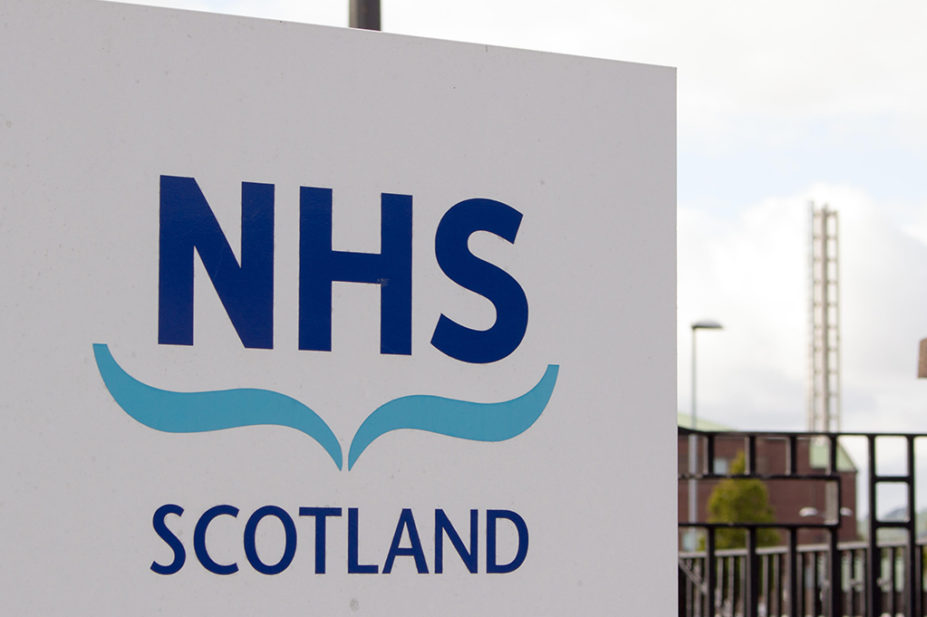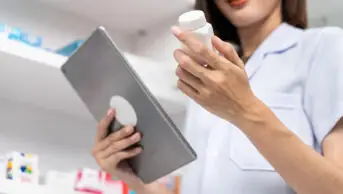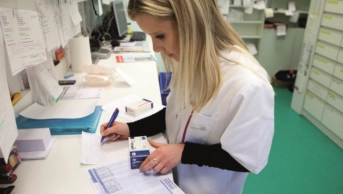
Iain McGuinness / Alamy Stock Photo
Around 13% of GP practices in Scotland have full access to a level one pharmacotherapy service and 86% have partial access, while the Scottish government had set a target for health boards to “provide a pharmacotherapy service to patients and [GP] practices by April 2022”.
In a report published on 21 June 2022 — Primary care improvement plans: summary of implementation progress, March 2022 — the Scottish government says that “the majority” of practices have “at least partial access to NHS board-provided pharmacotherapy services”.
Every GP practice in Scotland had been expected to offer a level one pharmacotherapy service by April 2021 — including pharmacy-run medicines reconciliation and acute and repeat prescribing services. But in July 2021, the deadline was extended until April 2022.
The report also states that nearly 1,000 pharmacy staff — 610 whole-time equivalent (WTE) pharmacists and 366.4 WTE pharmacy technicians — were recruited into the Scottish pharmacotherapy service between April 2018 and March 2022.
A spokesperson for the Scottish government said: “A key priority for the Scottish government is increasing the number of skilled healthcare professionals working in primary care.
“Since 2018, annual recruitment to local multidisciplinary teams has more than doubled from 305 to 793 [staff]. This has increased the total number of these professionals, including pharmacists and community health nurses, to a record high of 3,220 in primary care.
“Having an increase in staff numbers will allow us to get on with the work of NHS recovery from the [COVID-19] pandemic and we remain committed to this direction of travel.
“A Pharmacy Implementation Delivery Group has been established to drive this work forward and support delivery of pharmacotherapy services.”
Current levels of recruitment prompted Community Pharmacy Scotland, which represents community pharmacy owners throughout Scotland, to call for a temporary halt to pharmacy recruitment into GP practices in August 2021 as it was contributing to what it called “unprecedented” workforce pressures.
Anne Thomson, chair of the Royal Pharmaceutical Society (RPS) Primary Care Pharmacy Expert Advisory Group, said that the pharmacotherapy service continues to evolve with GP practice pharmacy teams able to increase the time spent on medication review for high-risk patients, such as those living with frailty or chronic pain.
She added: “I am proud of what has been achieved in such a short space of time, despite the added challenges of a pandemic, and look forward to continuing to evolve how pharmacy supports quality and sustainable care provision within the multidisciplinary team in this setting.”
- The headline of this article was amended on 24 June 2022 to reflect that most GP practices do have ‘partial access’ to the pharmacotherapy service and an additional quote from the RPS was added.


